Where Heritage Meets 3D Printing: The Work of Sophia Lampropoulou
Sophia Lampropoulou is a Greece-based product and wearable designer and founder of 3D Season, w[...]
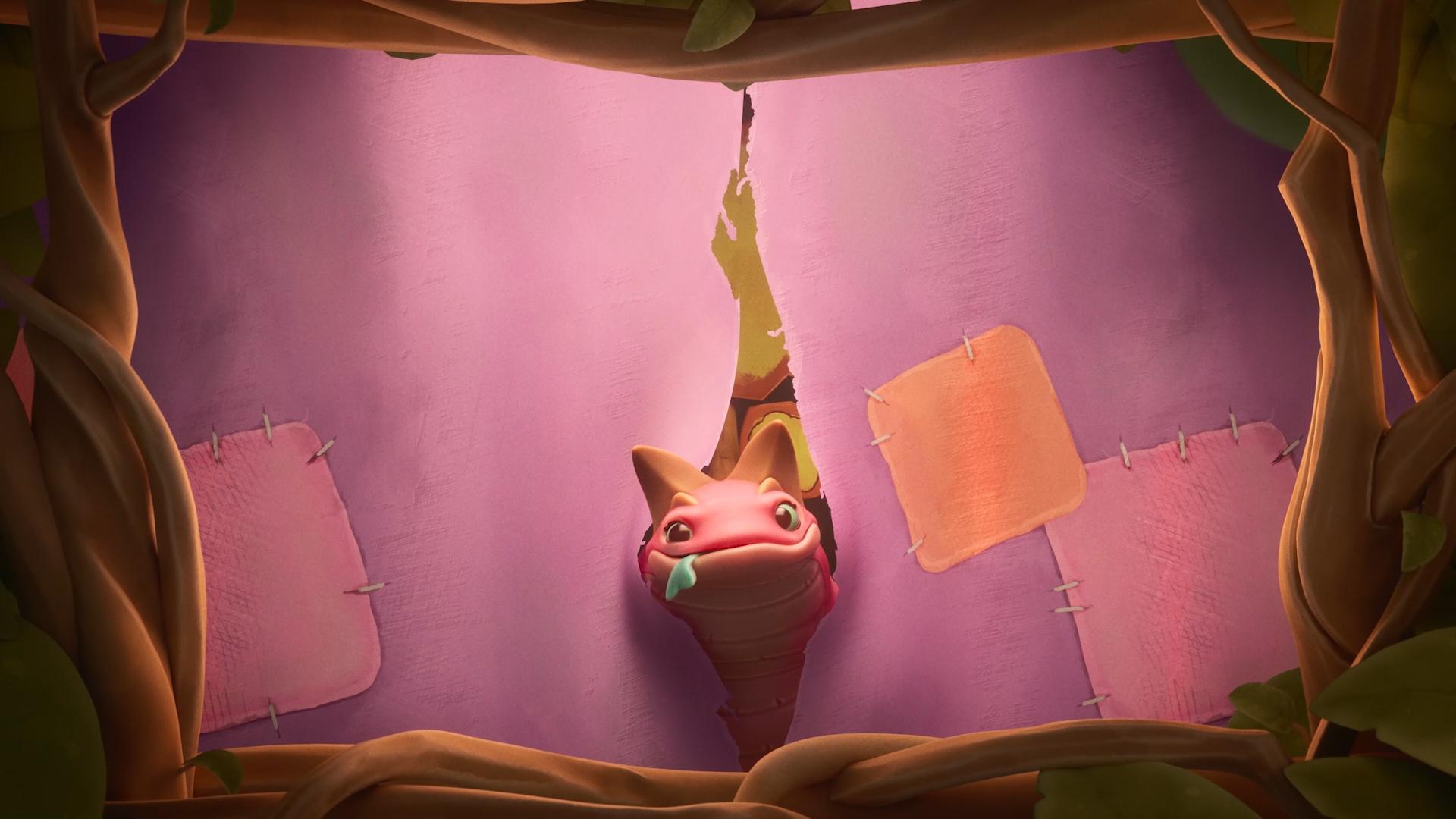
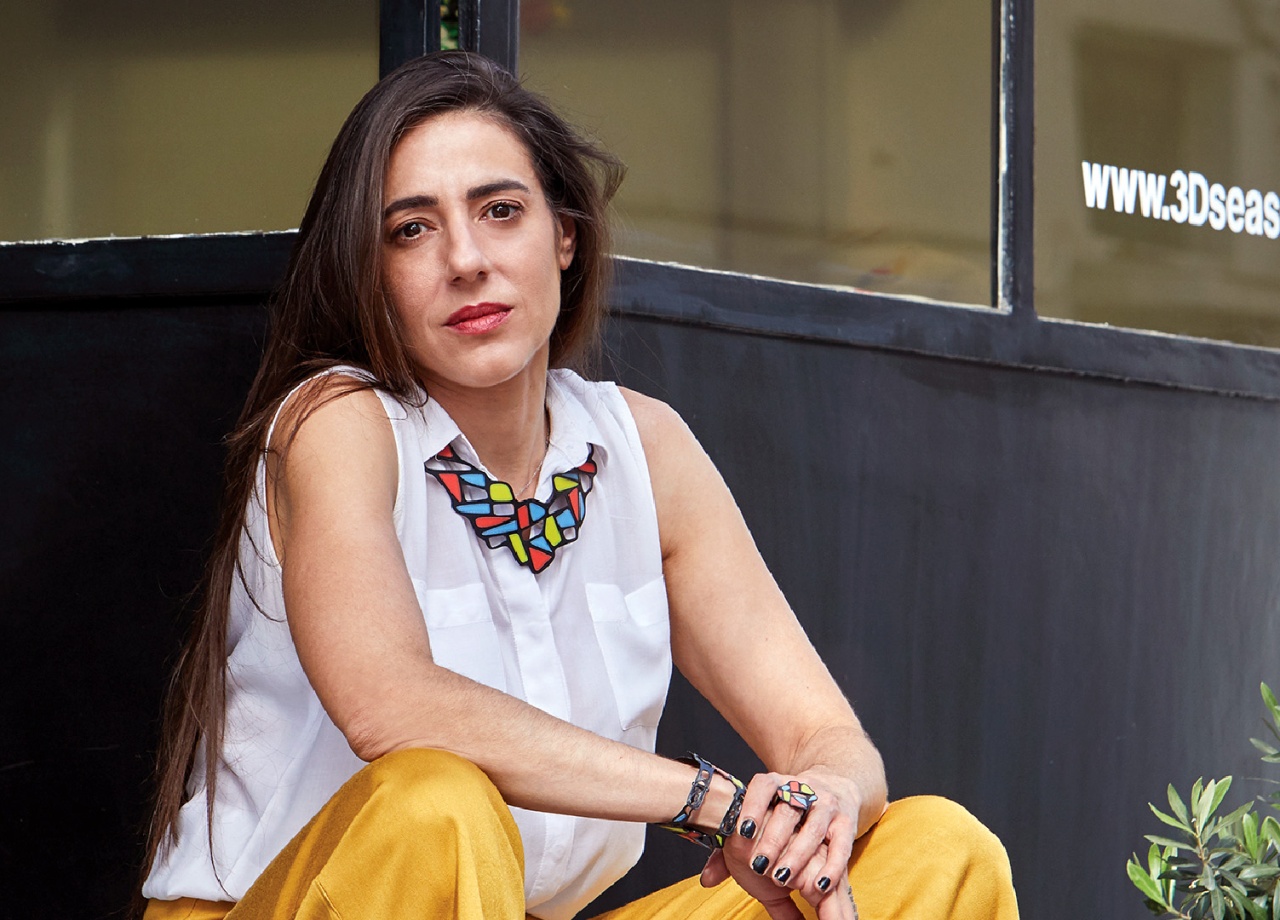
Sophia Lampropoulou is a Greece-based product and wearable designer and founder of 3D Season, w[...]
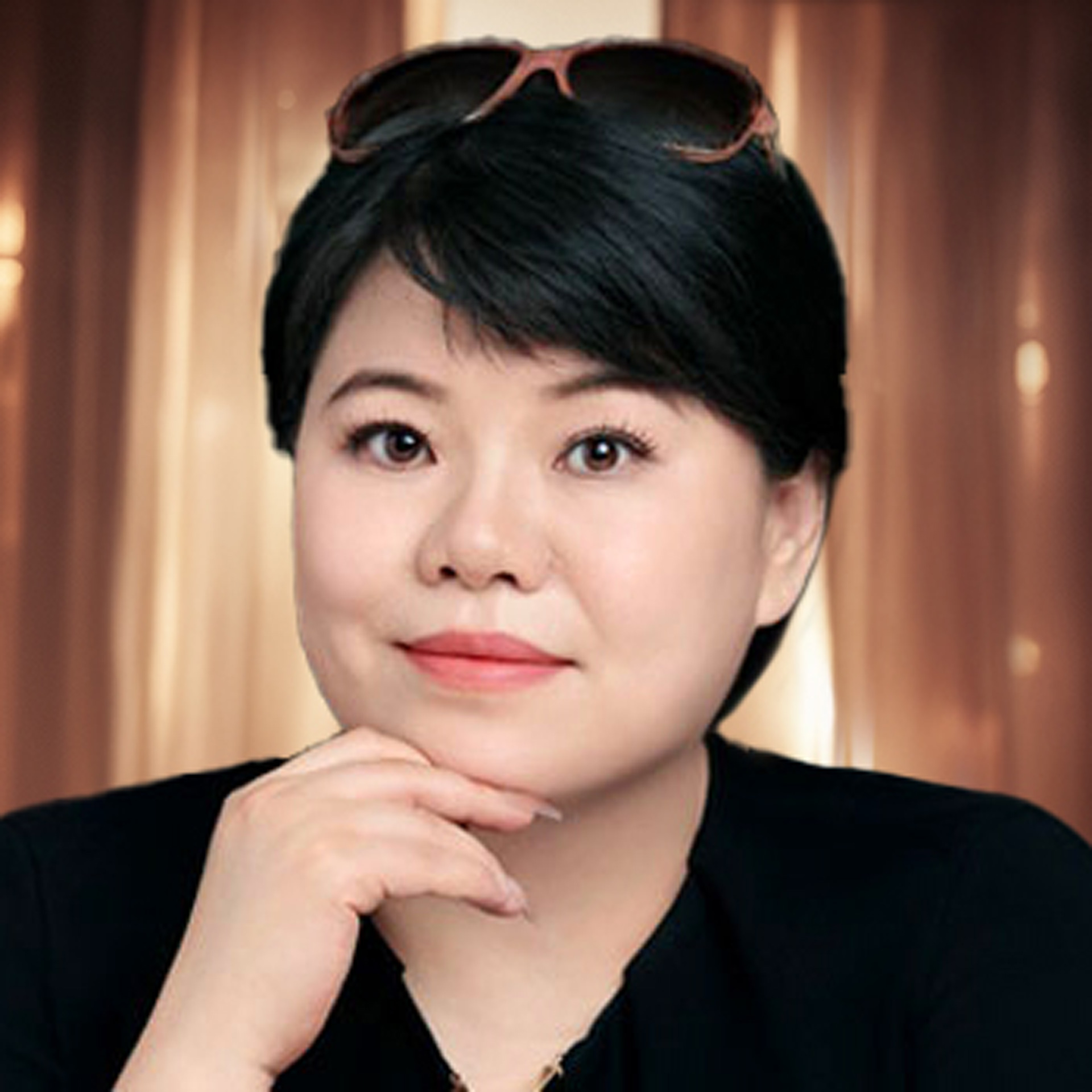
At the intersection of strategy and storytelling stands Axue Wei, co-founder, chief strategy of[...]
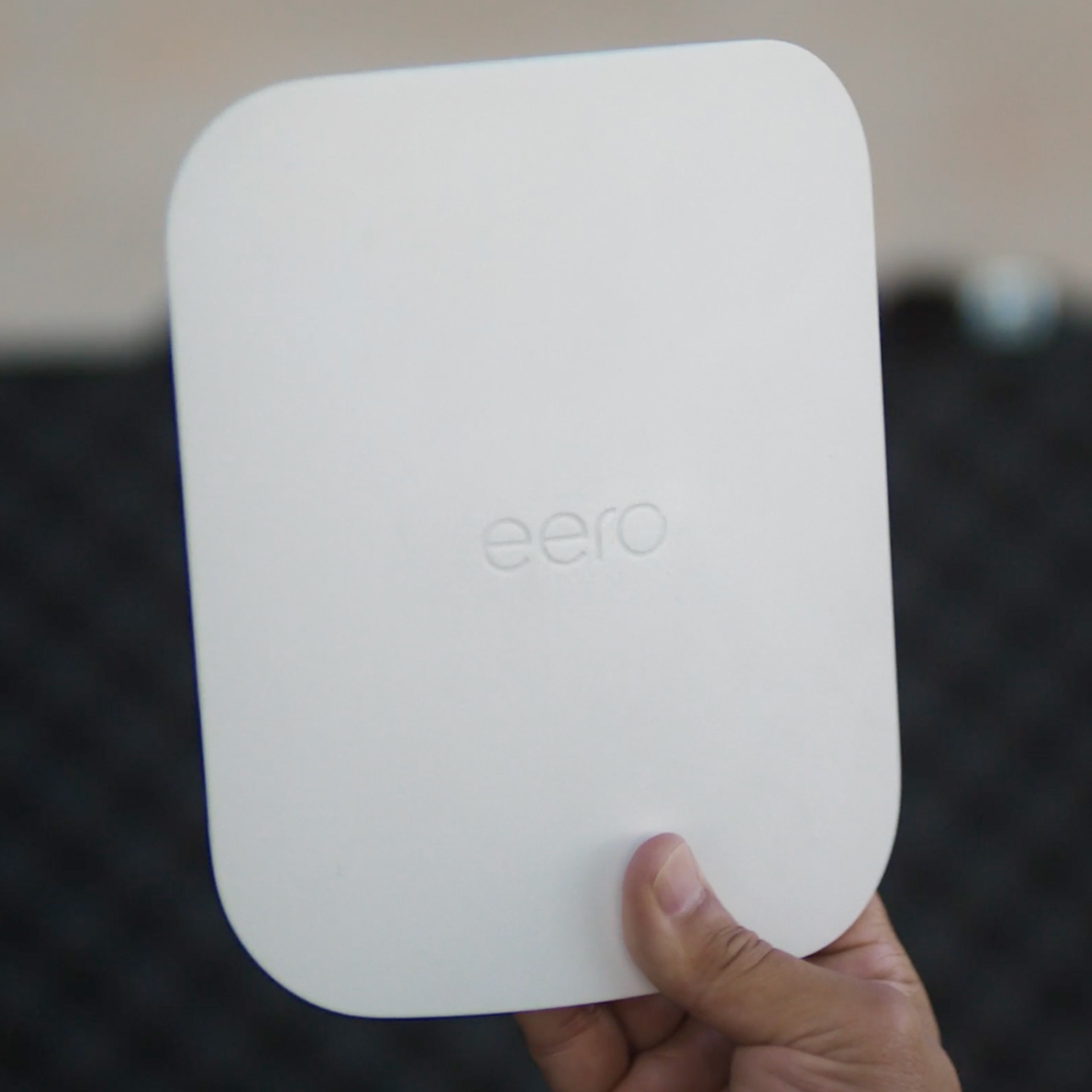
Amazon eero Outdoor 7 by HUNTER + Futureman Digital and the Art of Outdoor Connectivityby HUNTE[...]
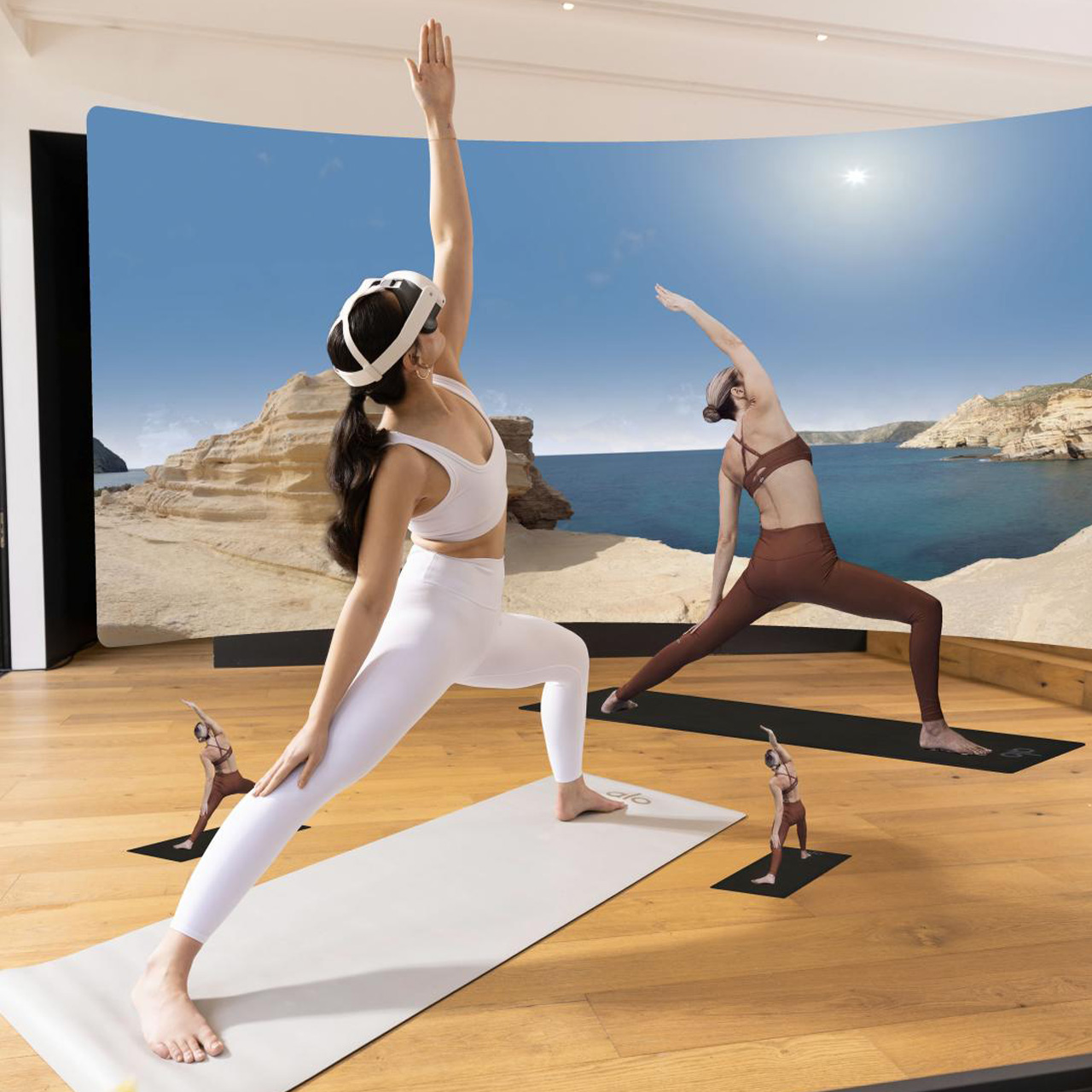
With Alo Moves XR by Magnopus, the boundaries between physical practice and digital space begin[...]
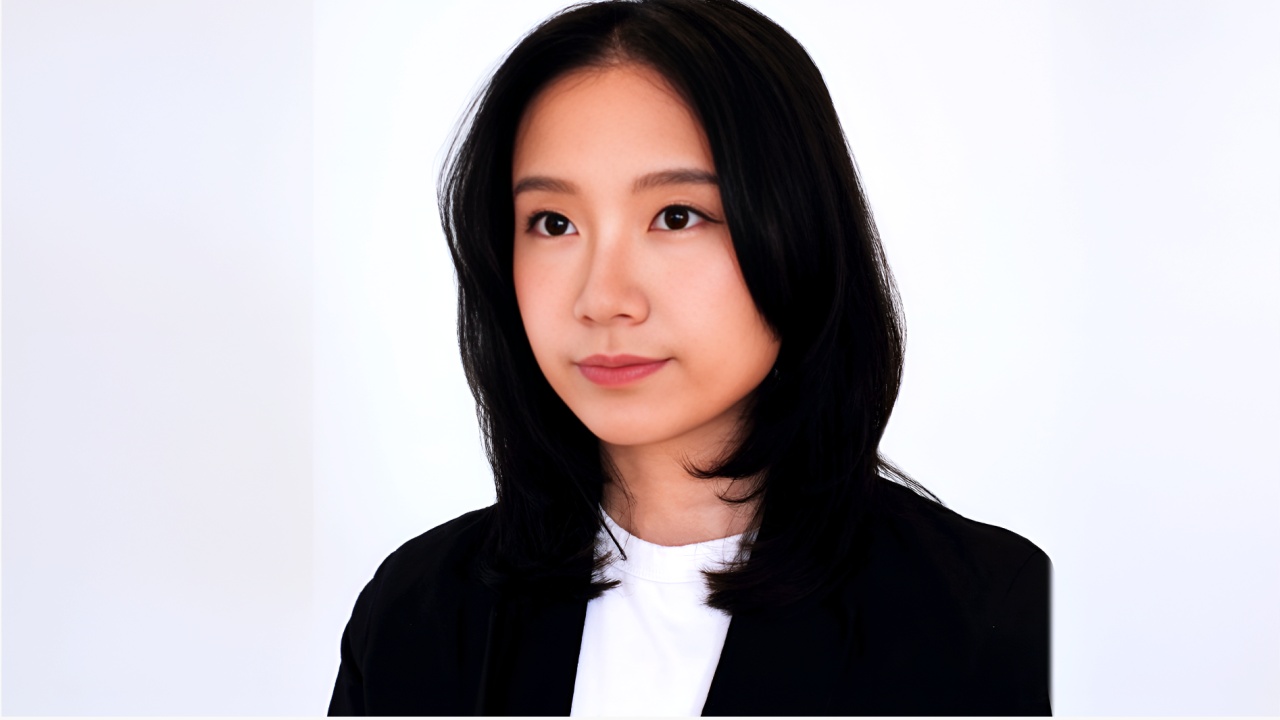

Sophia Lampropoulou is a Greece-based product and wearable designer and founder of 3D Season, w[...]
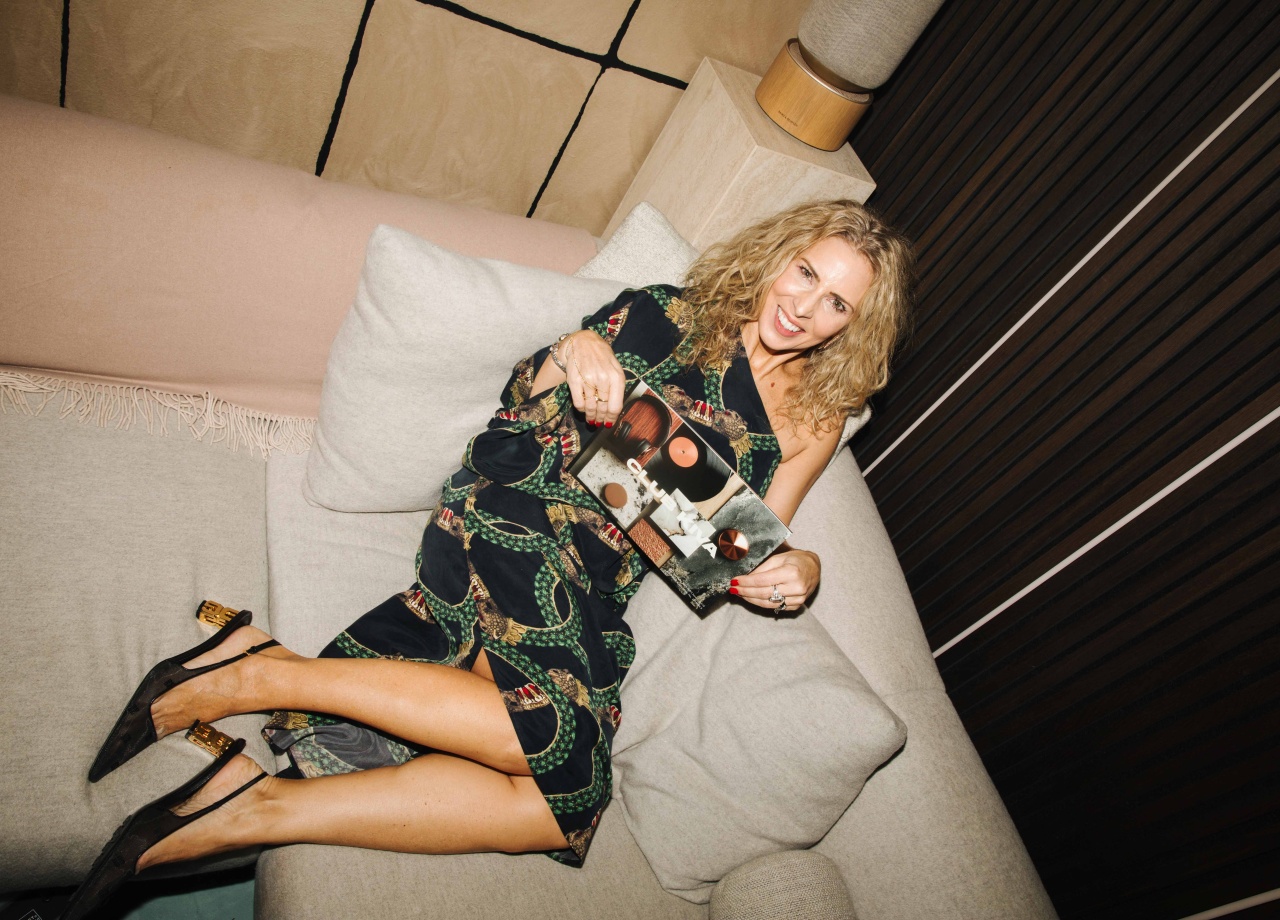
With a lifelong passion for music and vinyl culture, Carly Madhvani brings a distinctive perspe[...]
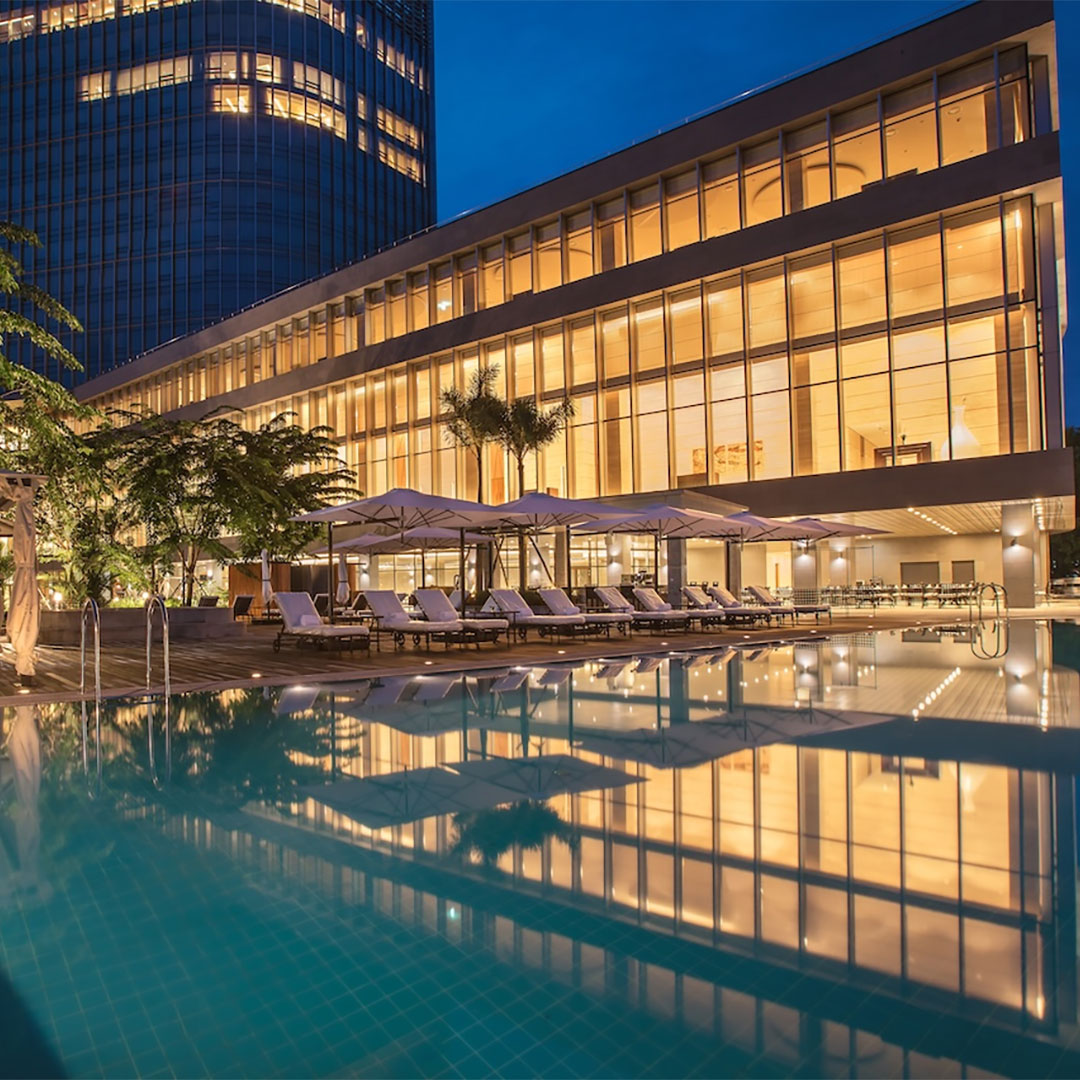
Awarded 2025 MUSE Category Winner of the Year in the MUSE Hotel Awards, LOTTE HOTEL YANGON ...
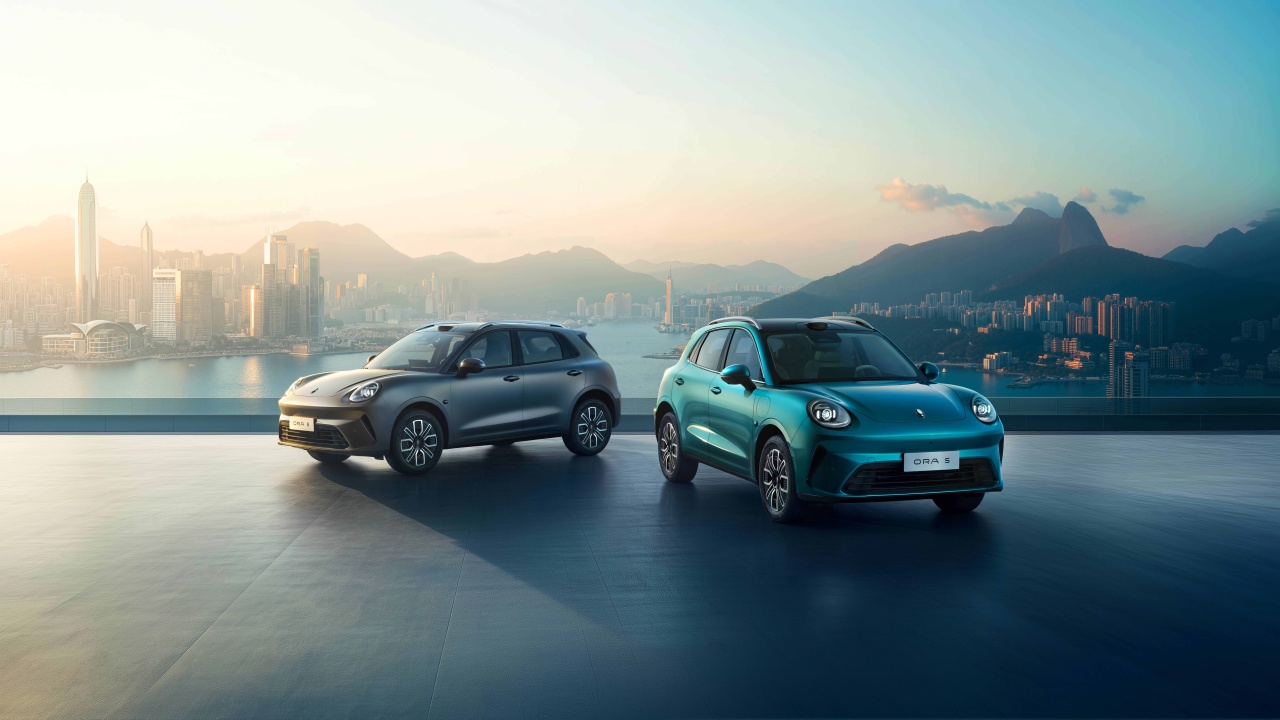
ORA 5, produced by Great Wall Motors (GWM), has secured the Design of the Year title at the 202[...]
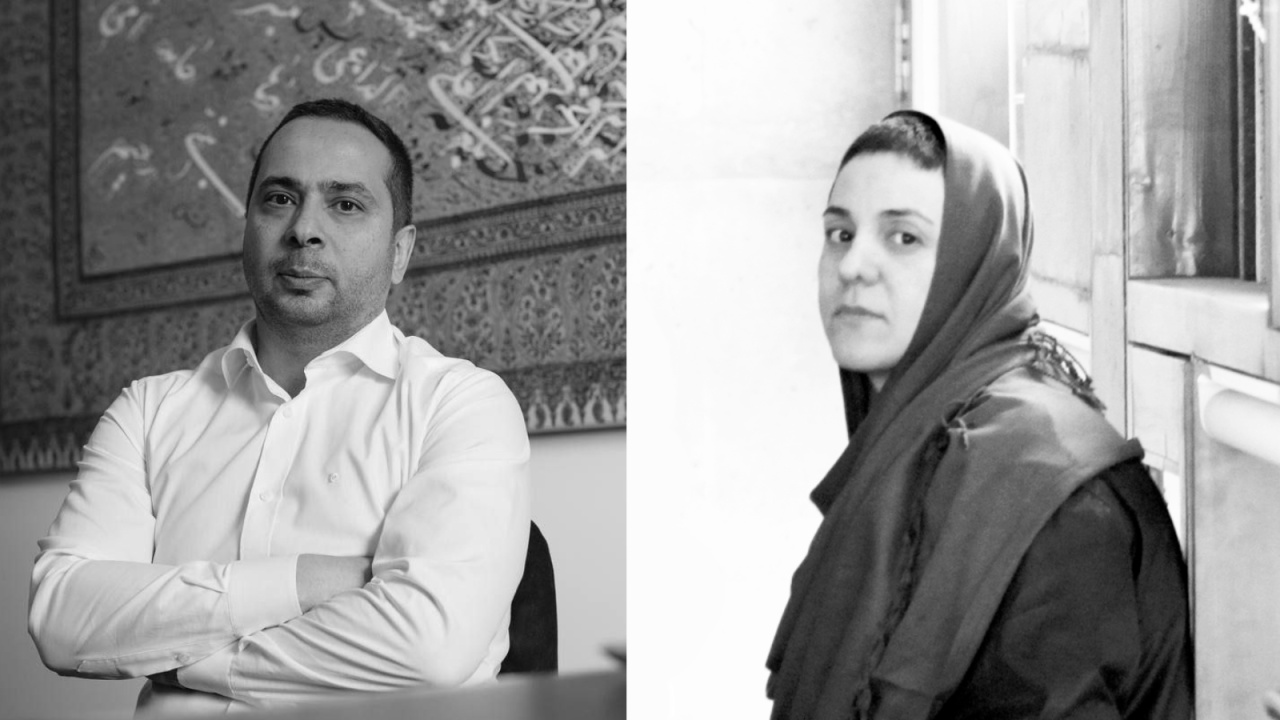
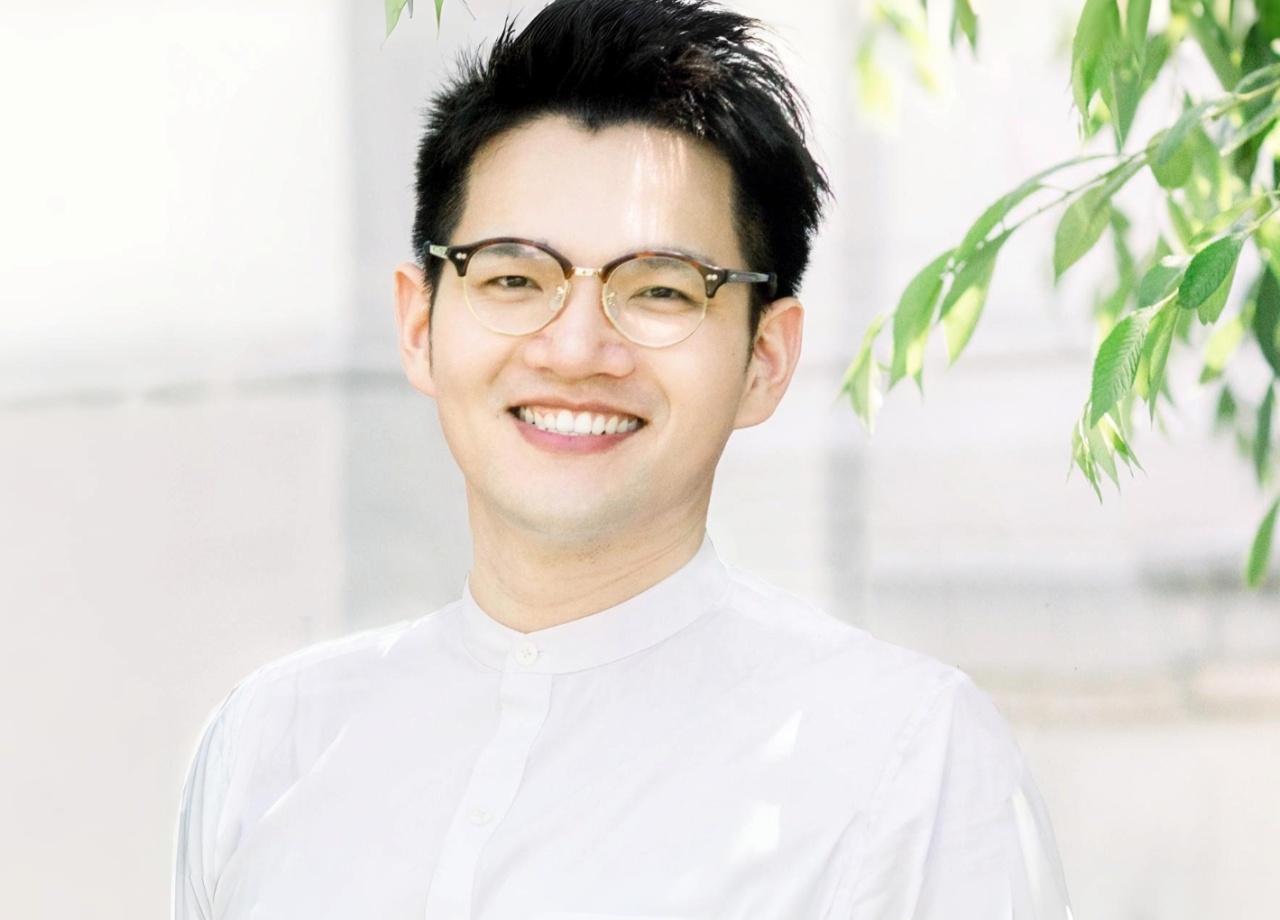
Based in New York, Lian Liang designs across scales, from water filtration plants and train ter[...]
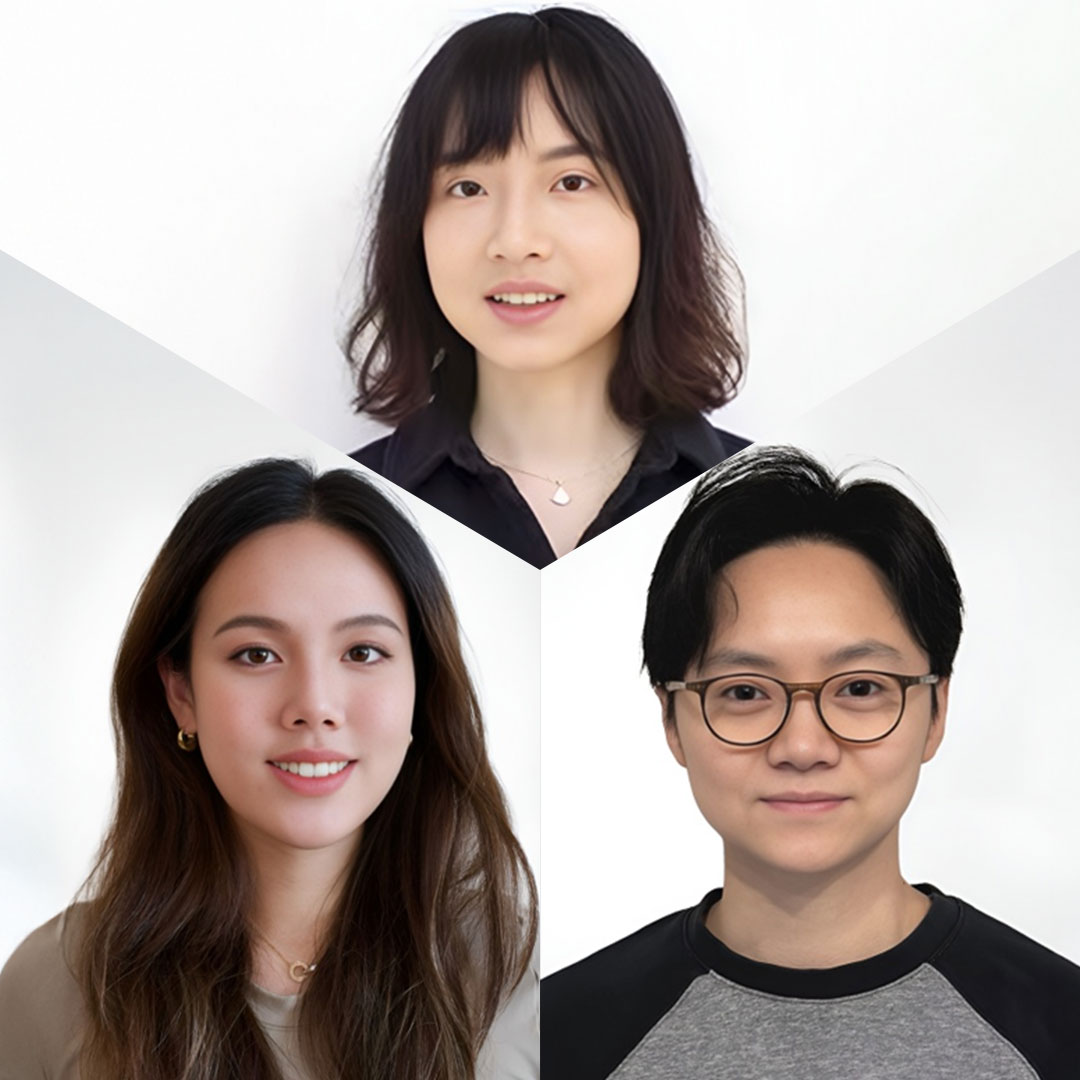
Fan Na, Yile Zhang, and Clair Sun are product and AI design leaders whose combined expertise sp[...]
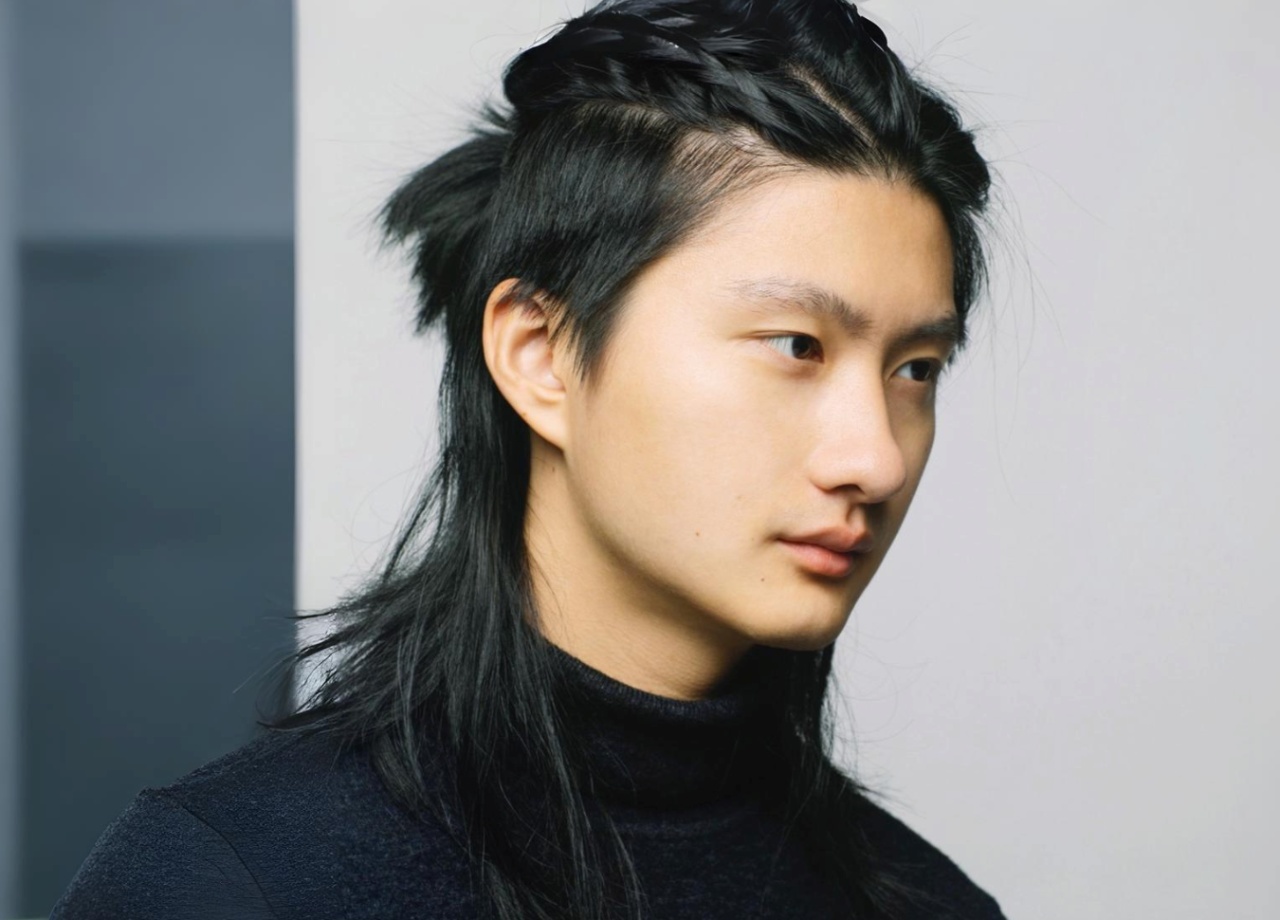
Hanke Wang is a new media artist and designer whose practice spans character design, game syste[...]
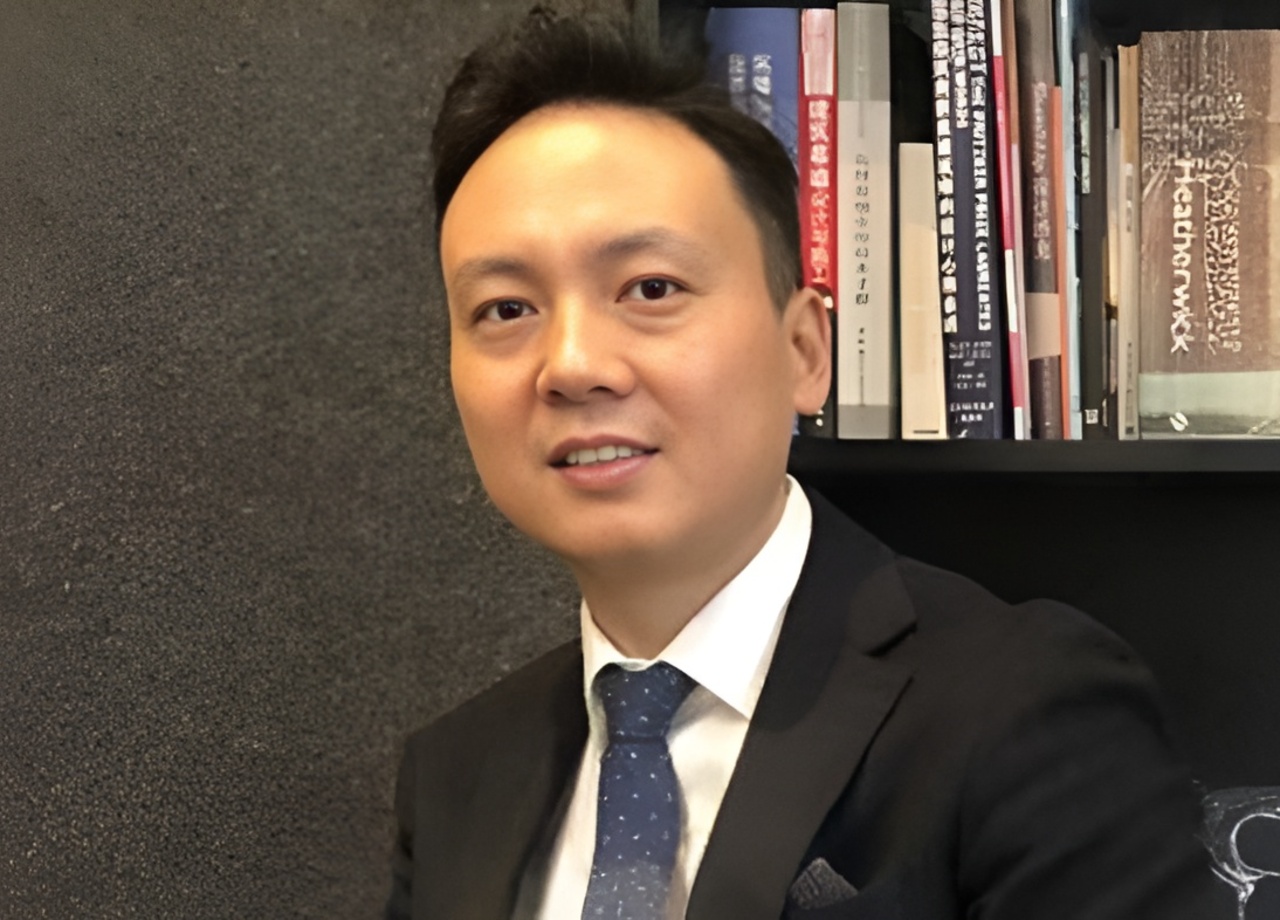
John Shen is an architect and interior designer who believes that strong design begins with add[...]
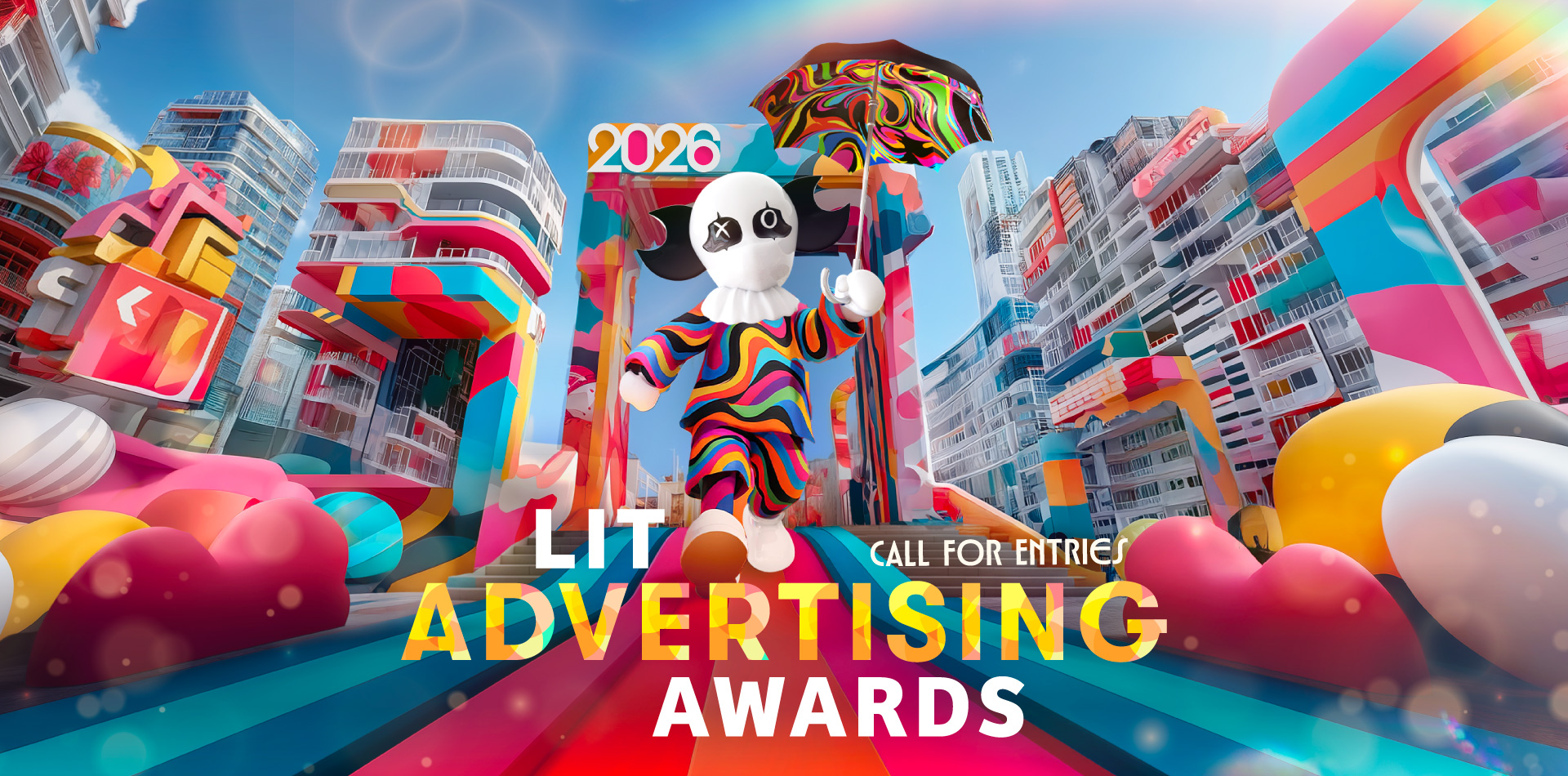
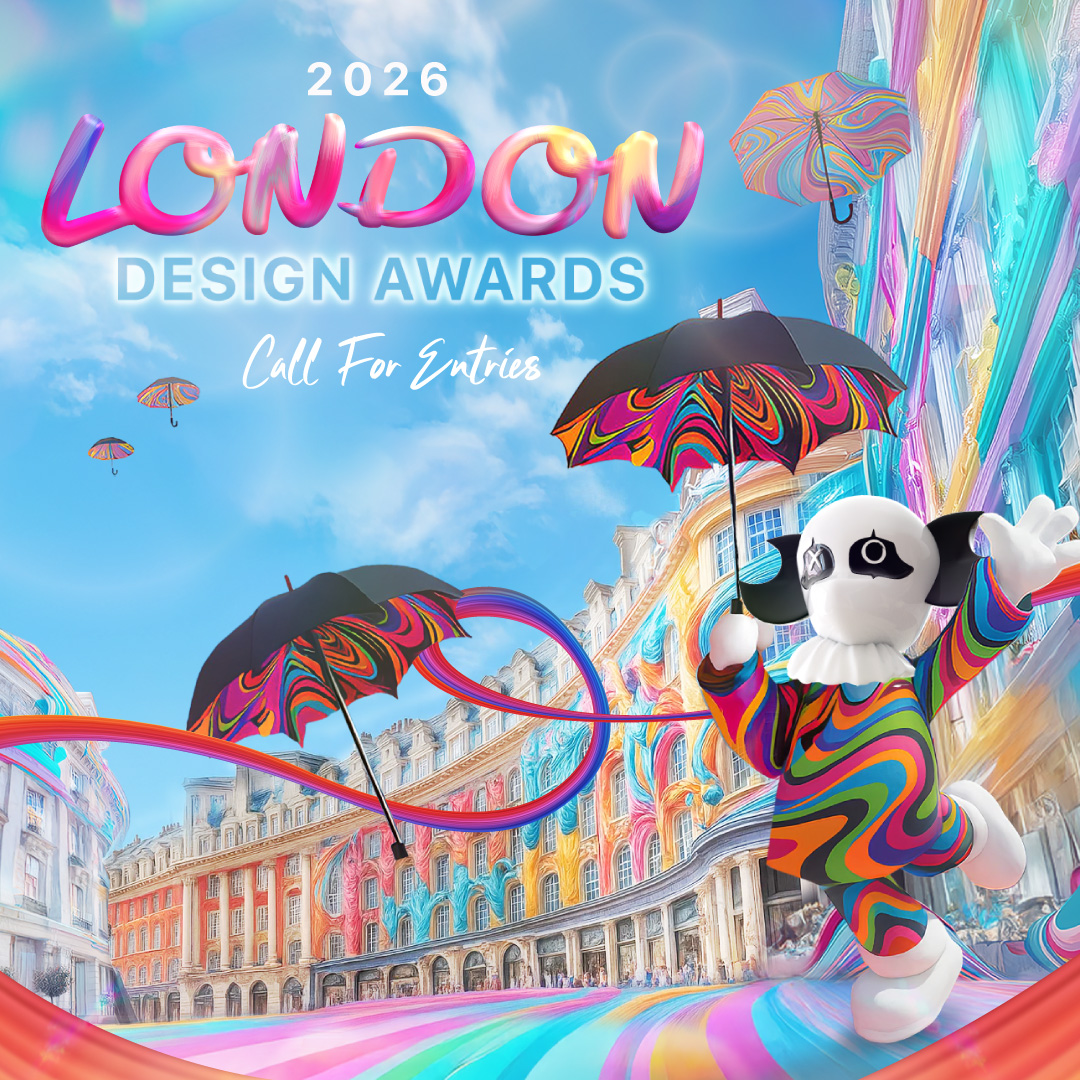
The 2026 London Design Awards is now accepting global submissions, inviting architects, designe[...]
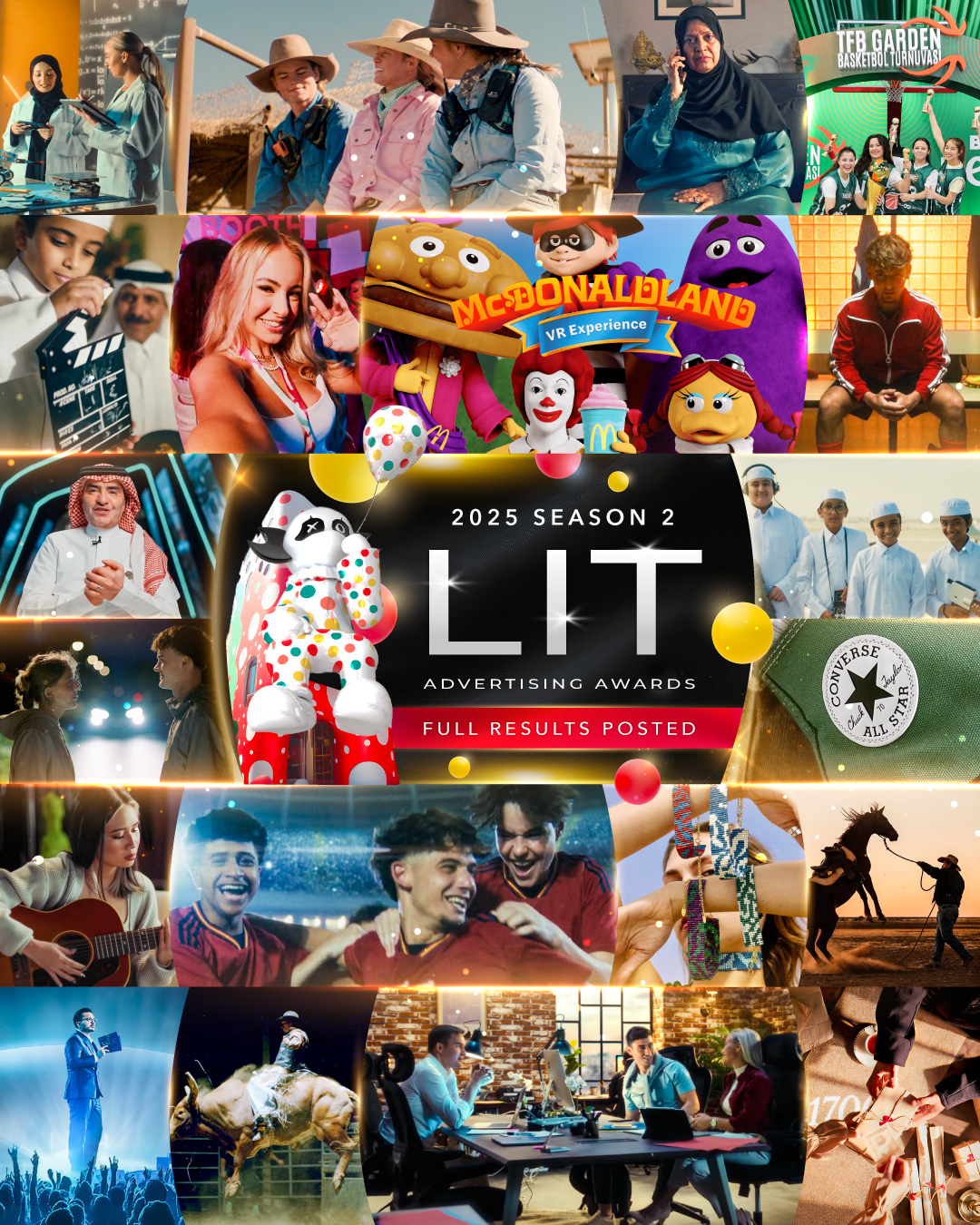
The 2025 LIT Advertising Awards: Season 2 officially announces its winners, honoring the year’s[...]
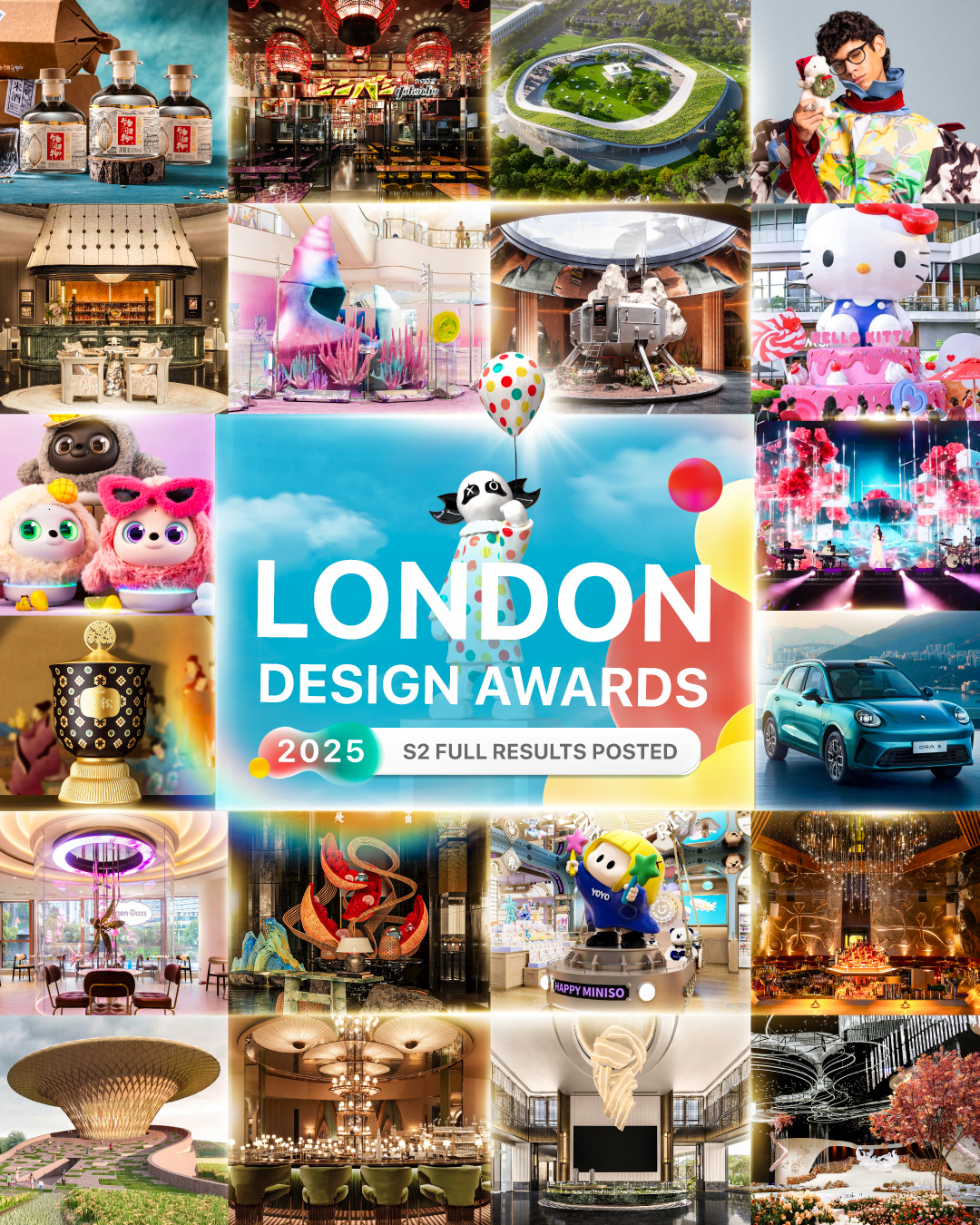
The 2025 London Design Awards: Season 2 officially announces this year’s winners, celebrating r[...]
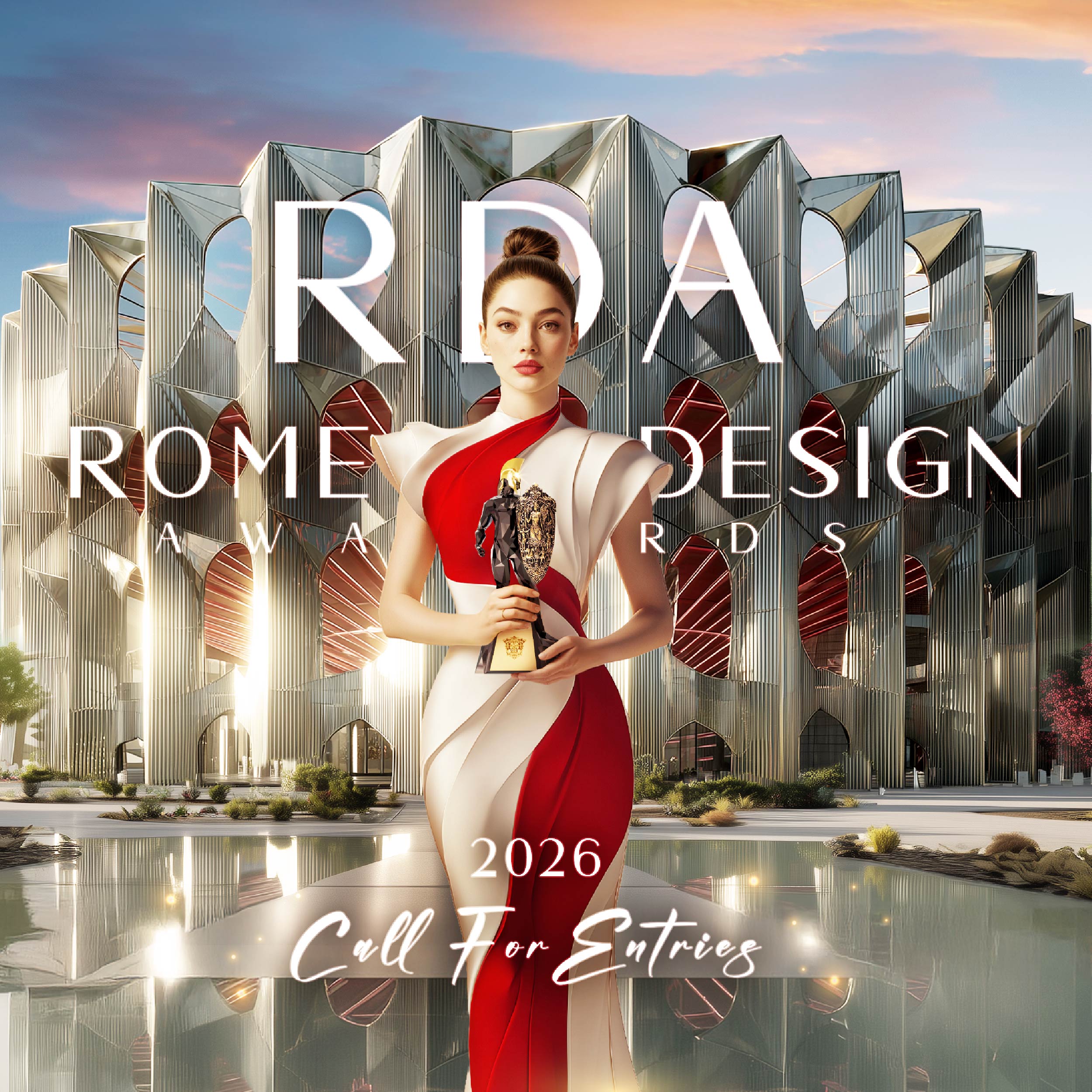
The 2026 Rome Design Awards officially opens for entries to showcase their most outstanding mas[...]
Never miss a moment of creativity — Subscribe now for inspiring ideas and more!